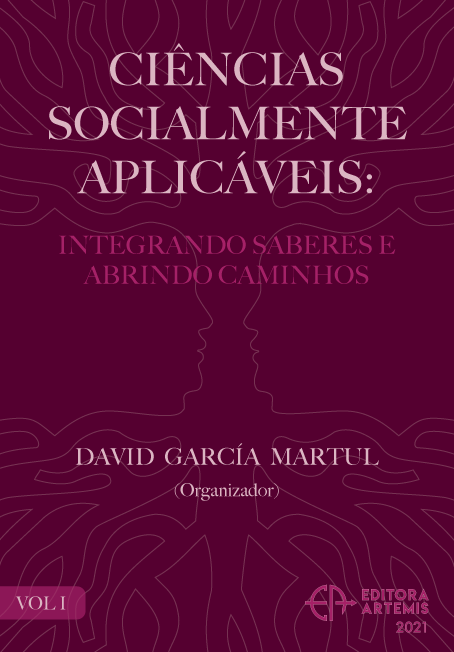
TRANSIÇÃO DE CARREIRA: COMO O INDIVÍDUO LIDA COM SITUAÇÕES IMPREVISÍVEIS, SUPERA OS OBSTÁCULOS E RECONSTRÓI SUA IDENTIDADE
Com a flexibilização do mundo do trabalho e mudanças nas estruturas organizacionais, a carreira passou por alterações de conceito, estrutura e desenvolvimento. Esta é definida por uma sequência de experiências na vida dos indivíduos e passa a ser gerenciada por cada indivíduo, que precisa adquirir competências específicas para se adequar ao novo modelo, como autoconhecimento e adaptabilidade. Esses novos conhecimentos e habilidades o torna mais independente das empresas e organizações e aumenta sua empregabilidade e autonomia. Diante de cenários de incertezas e com transições constantes na carreira, o conceito acima se torna fundamental para que o indivíduo consiga lidar com as transições e reconstruir sua identidade, que tem uma relação muito próxima a como o indivíduo passa pela transição. Quanto maior for a mudança de carreira, mais stress haverá no processo da transição e, caso seja feito de maneira inadequada, pode levar a consequências muito sérias na identidade de carreira do indivíduo.
A proposta desse trabalho é estudar esse processo de transição e reconstrução da identidade em indivíduos que passaram por uma situação extrema de carreira, ou seja, um evento não antecipado, portanto involuntário, que o levaram a romper o planejamento de carreira anterior, lidar com a situação e se readequar. A pesquisa qualitativa, na qual há análise de conteúdo, leva a um estudo sobre os sentimentos, fatores de influência, dificuldades, características, ações e consequências a esses sujeitos. Concluiu-se que o processo de transição involuntário gera desgaste emocional nos indivíduos e os fatores que os fazem atravessar por essa transição podem ser internos ou externos e são muito individuais. É um processo dinâmico, no qual a intensidade não depende de um tempo cronológico e sim da forma com que o indivíduo irá lidar com o processo.
TRANSIÇÃO DE CARREIRA: COMO O INDIVÍDUO LIDA COM SITUAÇÕES IMPREVISÍVEIS, SUPERA OS OBSTÁCULOS E RECONSTRÓI SUA IDENTIDADE
-
DOI: 10.37572/EdArt_28082144610
-
Palavras-chave: Transição involuntária, carreira, identidade, Carreira Proteana, Carreiras Sem Fronteiras
-
Keywords: Involuntary career transition, career, identity, Protean Career, Boundaryless Career
-
Abstract:
With flexibilization in the world of work and shifts in organizational structures, careers have gone through changes of concept, structure and development. A career is defined by a sequence of experiences rather than jobs, now managed by individuals themselves who need to acquire specific competences and skills such as self-knowledge and adaptability to adjust to the new model. These skills and knowledge make them more independent of businesses and organizations and increase their employability and autonomy. In the face of scenario uncertainties and constant careers transitions, the above concept becomes fundamental in helping individuals deal with their career transitions and rebuild their work identity. The greater the career change, the more difficult it is to go through the transition and the greater the stress. If not given the right importance, a person is less likely to make reasoned career choices which can bring serious consequences such as career and work identity dissatisfaction. The purpose of this work is to study the transition process and the reconstruction of identity in individuals that have been through extreme career situations, for example, an unexpected involuntary event which interrupted their career plan and led them to cope with distress and readjustment. The qualitative research, which includes content analysis, leads to a study of which feelings were involved, factors of influence, difficulties, characteristics and how they readapted to the new scenarios. It was concluded that an involuntary transition process can generate emotional distress in individuals. The factors that make them go through the transition can be internal, such as specific skills or resilience, or external, such as the support of people around them. It is a dynamic and individual process in which the intensity does not depend on a chronological time but on the way an individual deals with the process.
-
Número de páginas: 15
- Laima Gabriela Schedlin Czarlinski

